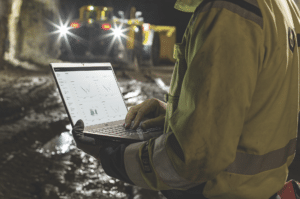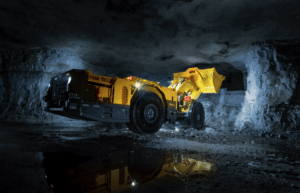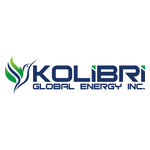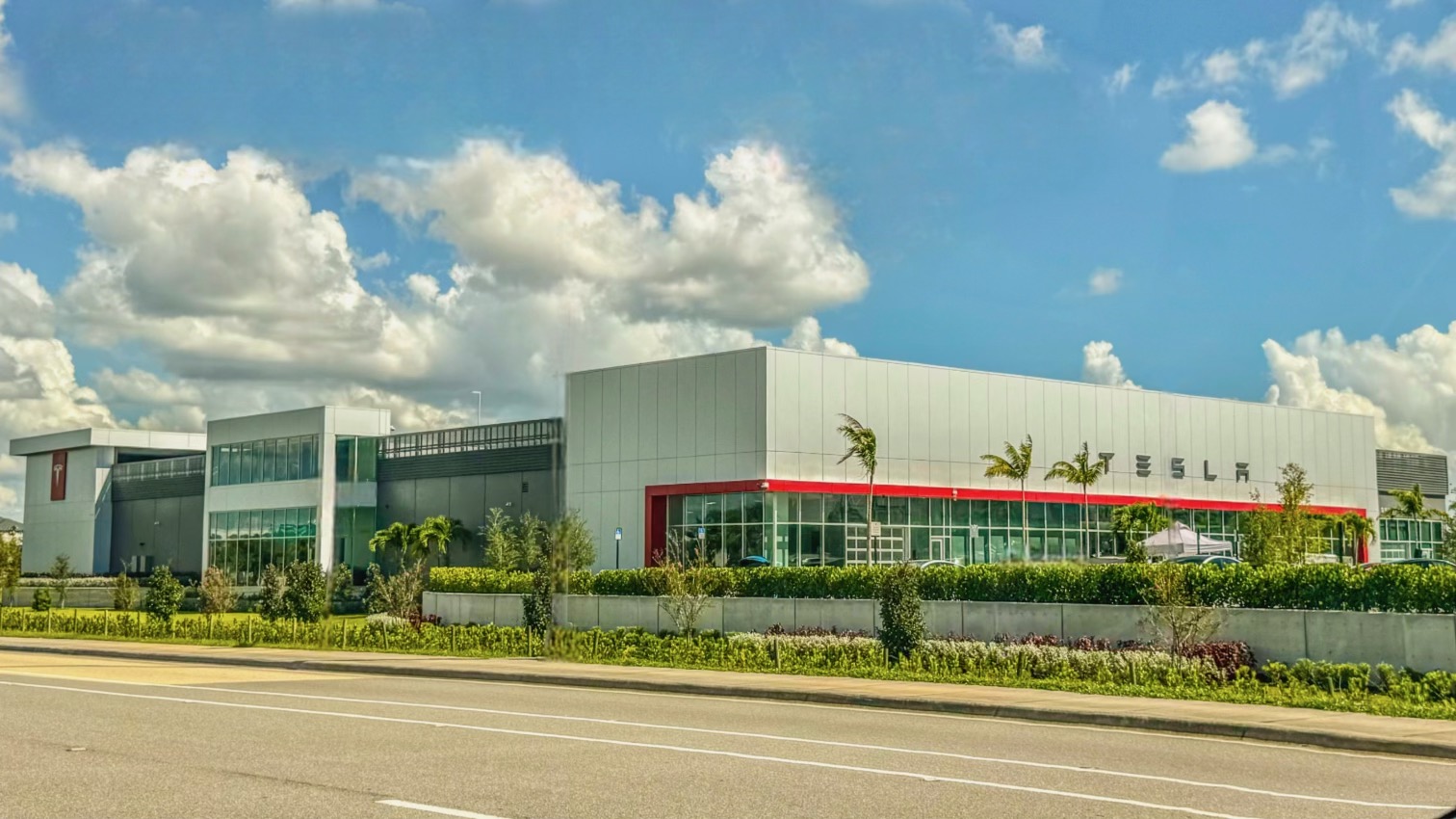Epiroc is working with an esteemed mining services company to complete a zero-hour rebuild, opening up significant opportunities for electrification.
As one of the mining industry’s most ambitious and accomplished original equipment manufacturers (OEMs), Epiroc never seems to sit still, with a constant desire for growth and innovation.
In recent years, Epiroc has met the evolving needs of its mining customers by designing and engineering novel ways to automate, digitalise and electrify operations, enabling miners to not only unlock improved productivity and safety outcomes but also become better environmental stewards.
A recent project has seen Epiroc work with an esteemed mining services company to complete a zero-hour rebuild on one of its underground trucks.
A zero-hour rebuild involves remanufacturing a piece of equipment so its clock returns to zero hours. In other words, so it’s as good as new.
“This was an opportunity for us to look at something that’s socially and environmentally responsible that picks up on Epiroc’s core visions,” Epiroc Australia regional sales manager WA Clinton Williams told Australian Mining.
“We’ve taken what would have been a discarded asset at the end of its life and we’ve refurbished the machine to give it a new life.”

Image: Epiroc
Zero-hour rebuilds have been done before in the mining industry, but they are still in their infancy. This means Epiroc has the opportunity to establish a new offering for mining companies and contractors eager to reduce their environmental footprint.
A zero-hour rebuild doesn’t just mean returning the asset to its original condition; it can also involve appending it with new technologies and advancements. This could involve converting machines to a hybrid operation or making them entirely battery powered.
For a mining industry still coming to terms with what decarbonisation means for operations, there must be stepping stones for miners to commence the electrification process. This is particularly the case for underground operations, which is why the new hybrid offering is attractive and important.
“For mining companies, adopting electrification is centred around the feasibility of the technology – it’s 100 per cent about the cost,” Williams said.
“When considering a hybrid truck, for example, you’ve got a diesel generator powering an electric drive system, which doesn’t demand high revolutions and therefore as much fuel burn. That’s the attractiveness of it.”
With every zero-hour rebuild, Epiroc is generating the data and smarts to underscore its hybrid engineering efforts, with a goal to facilitate a “soft landing” for mining companies looking to deploy hybrid and battery technologies.
“We want to assist miners make that jump into electrification,” Williams said.
“Until battery technologies are proven enough that miners can fully electrify their underground and surface operations, a hybrid option enables operators to enter the battery space while maintaining the diesel engine.
“We also have to consider the mine profile. An underground mine is a unique ecosystem that requires engineers to carefully consider the mine design and infrastructure needed for battery technologies to work.
“If they’re going to do underground servicing then they’ll need to build an underground service shop. Then you need to consider whether you need a charging station – these are the bits and pieces that require additional capital and construction.”

Image: Epiroc
Williams understands that many Epiroc customers have decarbonisation top of mind, but any electric adoption will not come at the cost of productivity. This is where hybrid machines will be key, driving down emissions in carbon-intensive applications while maintaining output.
Once this balance is proven, the sky’s the limit for Epiroc and the broader mining industry, with the potential to develop a fully formed electrification platform that can stamp out carbon emissions and maintain the productivity.
And if there’s a suitable partner to facilitate this transition, it’s Epiroc, one of the mining industry’s premier innovators of battery technologies, with electric options available in its drill, loader and truck ranges.
To further support battery adoption in the mining industry, Epiroc offers its Batteries as a Service (BaaS) business model to remove the obstacles that come with a transition to the technology. BaaS moves the upfront costs of batteries from capital expenditure to operational expenditure, with the responsibility of this function assumed by the OEM.
BaaS is complemented by Epiroc’s recently announced Batteries with Service offering, enabling miners to own the complete equipment (machine and battery) while still benefiting from Epiroc’s service capability, with extended warranty.
Epiroc customers can benefit from insights such as battery telematics and equipment audits, something Epiroc global product manager – battery Daniel Jonsson said were valuable tools.
“With battery telematics we can predict the battery health (and) improve and adapt based on the insights we get,” Jonsson said. “We also have all battery data available … in order to always be informed of the health.”
Batteries with Service – developed in response to market demands – can be applied to Epiroc battery-powered equipment, as well as other brands using Epiroc batteries.
The inevitability of decarbonisation brings a lot of opportunity, but remaining patient is critical to ensure the mining industry is ready to adopt the battery technologies on offer.
The transition must be considered holistically, and the most cogent offerings from the mining equipment, technology and services (METS) sector will consider the precise operational profiles and needs of customers – something Epiroc is proactively implementing.
This feature appeared in the March 2024 issue of Australian Mining.



